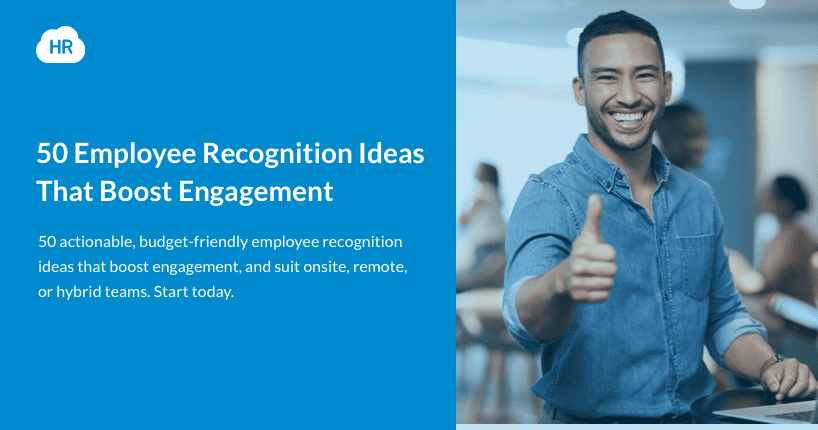HR leaders across industries face mounting pressure to implement AI solutions while demonstrating clear, measurable value. Many CHROs report consistent organizational demands: become more data-driven, show concrete ROI on AI investments, improve cost efficiency and productivity, and keep pace with competitors already leveraging AI technologies.
This pressure represents both a challenge and an opportunity. Recent research from benchmarking firm APQC demonstrates that AI can transform HR from a cost center into a strategic business partner—but only with the right strategy, realistic expectations and commitment to building proper foundations. According to the APQC paper Building Momentum: Evidence-Based Strategies for Advanced AI Adoption in HR, “The level of preparation correlated with AI maturity level, with the most AI-mature HR functions having built the strongest foundations.”
The research findings
For this report, APQC recently surveyed 600 HR leaders globally and uncovered a proven path from AI experimentation to tangible business impact. The findings challenge conventional assumptions about implementation strategies.
Organizations achieving AI success don’t rush to implement the most advanced tools. Instead, successful organizations adopt what APQC researcher Elissa Tucker calls a “dual approach”—simultaneously preparing both data infrastructure and people for AI integration.
Effective, AI-mature organizations avoid attempting comprehensive transformation all at once. They begin with manageable initiatives across multiple areas and build systematically over time. Tucker describes this as a continuum where organizations gradually mature and see increasing returns on their efforts.
Where to begin
According to APQC, the most effective entry points for AI implementation are recruiting, performance management and workforce analytics.
In recruiting specifically, 63% of organizations start with candidate screening and job requisition management.
Performance management and workforce analytics serve as strong launch platforms because they typically involve relatively clean data that organizations already possess, making ROI visible quickly.
However, each organization’s path will be unique. “Start where you can practically have success and demonstrate value there,” Tucker advises.
The foundation for success
Organizations that invested early in AI for HR are already seeing returns. HR leaders in the most AI-mature organizations report higher ROI compared to those still developing. Only those at the highest maturity level say their total returns have surpassed their AI investment costs. In the most optimized cases, organizations have achieved up to 127% ROI by consistently focusing on three key elements, according to APQC:
Data infrastructure
Successful organizations identify necessary data rather than attempting to capture everything available. They automate data collection processes where feasible and ensure both data quality and accessibility.
People preparation
These organizations educate staff about working alongside AI rather than being replaced by it. They build AI literacy throughout their teams and invest in critical thinking and problem-solving capabilities.
Strategic integration
Rather than implementing disconnected tools, successful organizations develop comprehensive HR technology strategies and avoid what APQC researchers term “shiny object syndrome.”
Tucker notes that many HR tech platforms are already implementing AI features, pushing HR and business leaders to maximize tools they’re already paying for in their technology stack.
Measurable benefits
Organizations that have progressed beyond pilot phases experience substantial improvements across multiple dimensions, as documented by APQC research:
- Time savings include reducing time to fill by 20 days, decreasing skills gap closure through training by five days and cutting information request response time by three days.
- HR departments have reduced staffing needs by 20.6 full-time employees per $1 billion in revenue and cut time spent on repetitive tasks from 19% to 10%.
- Strategic impact shows revenue per employee increasing from $234,762 to $470,529, retention rates improving from 80% to 95% after 12 months and internal fill rates increasing while external recruiting costs and timeframes reduced.
Read more: Does HR + IT equal the future CHRO role?
Size doesn’t determine success
Research indicates that the most mature AI implementations tend to occur in very large organizations, suggesting smaller organizations may need more strategic investment approaches while maintaining the same foundational principles. However, Tucker says, comprehensive implementation isn’t necessary for initial success.
She argues that organizations don’t require massive budgets or the most advanced tools to achieve meaningful results. What proves essential is a systematic approach that builds on proven foundations while demonstrating value throughout the process. Tucker and her team found that success correlates more strongly with the implementation approach than with organizational size or timing.
Building for the future
The objective should be building AI integration across processes rather than perfecting individual tools. Organizations succeeding with AI maintain steady, comprehensive approaches rather than rushing to implement the latest technology.
As Tucker emphasizes, sustainable AI transformation requires patience, strategy and commitment to foundational elements that enable long-term success. The research shows that methodical implementation consistently outperforms hasty adoption of cutting-edge tools. “HR performance [will experience] a trend of improvement when moving from pilot phase to maturity,” says Tucker.









